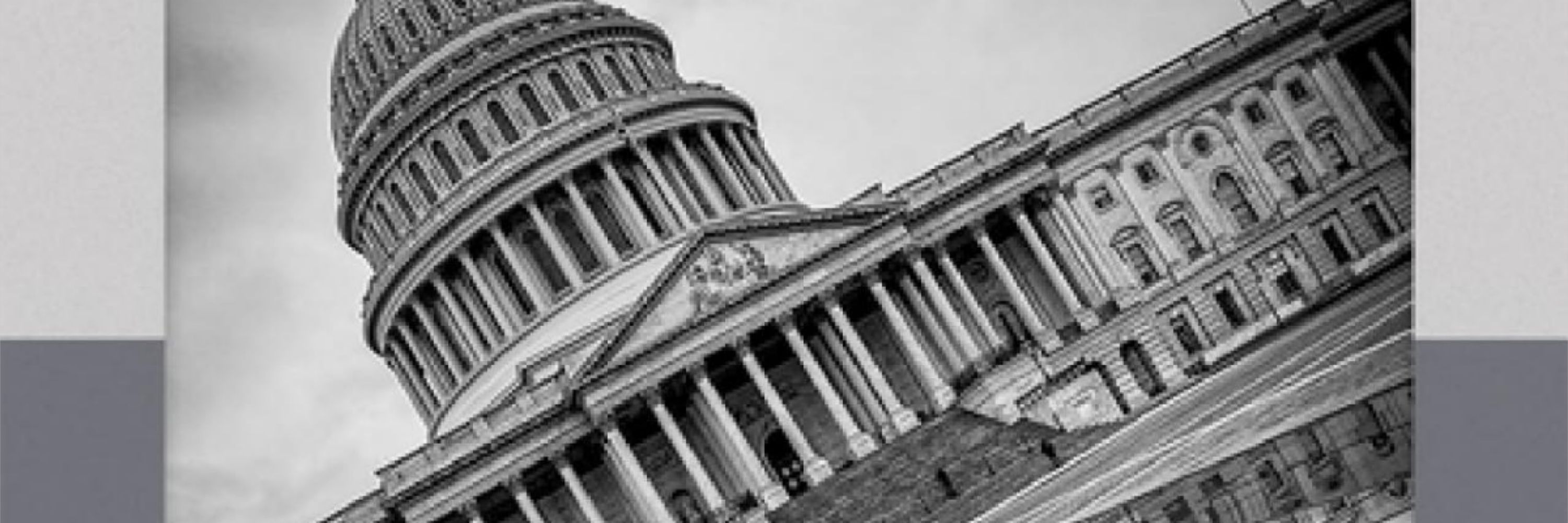
The article relies on huge sets of computer-generated district maps to show that tradeoffs between redistricting criteria are much less common than is often thought.
papers.ssrn.com/sol3/papers....
The article relies on huge sets of computer-generated district maps to show that tradeoffs between redistricting criteria are much less common than is often thought.
papers.ssrn.com/sol3/papers....
Here's 2024 (with estimated scores for the states that have redrawn their maps since then):
planscore.org#!2026-ushouse

Here's 2024 (with estimated scores for the states that have redrawn their maps since then):
planscore.org#!2026-ushouse
planscore.org#!2024-stateh...

planscore.org#!2024-stateh...
The Court of Appeals unanimously held that the town lacks capacity to facially challenge the statute.
So our case continues to trial, and the dilution of the town's minority voters' influence may still be fixed.
www.nycourts.gov/ctapps/Decis...
The Court of Appeals unanimously held that the town lacks capacity to facially challenge the statute.
So our case continues to trial, and the dilution of the town's minority voters' influence may still be fixed.
www.nycourts.gov/ctapps/Decis...

My idea is to have young adults -- not parents -- vote on behalf of children due to their greater partisan and ideological similarity.
ndlawreview.org/give-young-a...
My idea is to have young adults -- not parents -- vote on behalf of children due to their greater partisan and ideological similarity.
ndlawreview.org/give-young-a...
- The suit's main evidence is some commentary by a mapmaker. But it's the LEGISLATURE'S intent that counts here, not what a line-drawer may have thought.
electionlawblog.org?p=152920

- The suit's main evidence is some commentary by a mapmaker. But it's the LEGISLATURE'S intent that counts here, not what a line-drawer may have thought.
electionlawblog.org?p=152920
www.sportico.com/law/analysis...

www.sportico.com/law/analysis...
Not all rich people want to distort elections in their favor!
www.hlselectionlaw.org/s/20251029_F...
Not all rich people want to distort elections in their favor!
www.hlselectionlaw.org/s/20251029_F...

1. At present, the first Gingles prong focuses on the availability of remedies. The SG's proposal would make it a probe for racial predominance -- the crux of the distinct theory of racial gerrymandering.
electionlawblog.org?p=152738

1. At present, the first Gingles prong focuses on the availability of remedies. The SG's proposal would make it a probe for racial predominance -- the crux of the distinct theory of racial gerrymandering.
electionlawblog.org?p=152738
I like the demonstrative map in the piece -- look how much more competitive WI's districts could be!
urbanmilwaukee.com/2025/10/22/d...

I like the demonstrative map in the piece -- look how much more competitive WI's districts could be!
urbanmilwaukee.com/2025/10/22/d...
Lots of participants in the '82 hearings thought of the SG's idea that political goals excuse racial vote dilution. And they all believed the idea didn't apply.
electionlawblog.org?p=152656

Lots of participants in the '82 hearings thought of the SG's idea that political goals excuse racial vote dilution. And they all believed the idea didn't apply.
electionlawblog.org?p=152656
He said about 15 districts would be affected -- the actual number is close to 70.
electionlawblog.org?p=152614

He said about 15 districts would be affected -- the actual number is close to 70.
electionlawblog.org?p=152614

The idea is just to hold that compliance with Section 2 isn't a compelling interest that can justify what would otherwise be unlawful racial gerrymandering.
The idea is just to hold that compliance with Section 2 isn't a compelling interest that can justify what would otherwise be unlawful racial gerrymandering.
By requiring plaintiffs to match the partisanship of challenged plans, it would block essentially all Section 2 claims in the South.
electionlawblog.org?p=152332

By requiring plaintiffs to match the partisanship of challenged plans, it would block essentially all Section 2 claims in the South.
electionlawblog.org?p=152332
Case summary:
www.nycourts.gov/ctapps/summa...
Plaintiffs' brief:
static1.squarespace.com/static/60a55...
Case summary:
www.nycourts.gov/ctapps/summa...
Plaintiffs' brief:
static1.squarespace.com/static/60a55...
I'll be giving the Constitution Day Lecture at Drake University today on the same subject.
papers.ssrn.com/sol3/papers....
I'll be giving the Constitution Day Lecture at Drake University today on the same subject.
papers.ssrn.com/sol3/papers....

www.supremecourt.gov/DocketPDF/24...
www.supremecourt.gov/DocketPDF/24...

